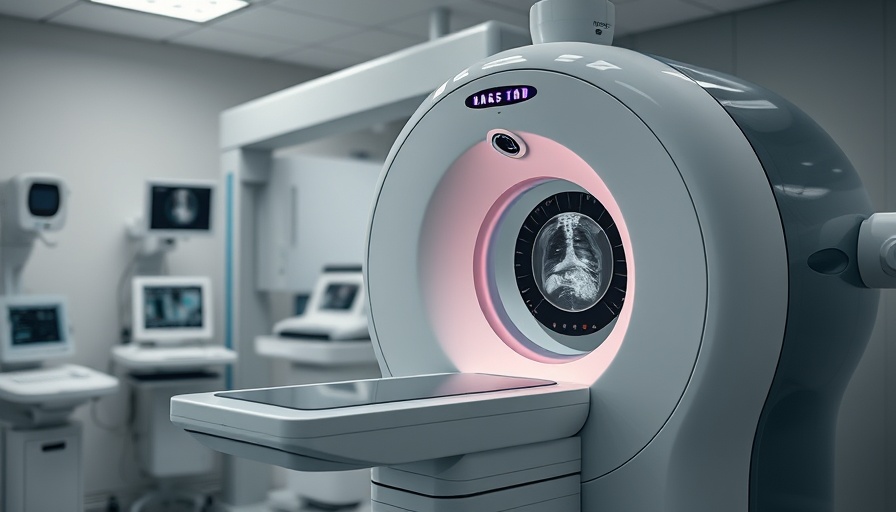
Why Women Prefer Human Touch Over AI in Breast Cancer Screenings
A recent survey has revealed that a mere 4% of women are comfortable with the idea of artificial intelligence (AI) being solely responsible for interpreting mammograms, a crucial part of breast cancer early detection. Instead, a resounding 71% of surveyed individuals expressed a preference for AI as a supportive tool rather than a standalone reader.
Understanding the Acceptance of AI in Healthcare
The survey was conducted among over 500 women who underwent screening at the University of Texas Southwestern Medical Center. Despite general support for technology in the healthcare sector, it's clear that there are significant concerns surrounding the use of AI in critical diagnostic roles. AI may offer advantages such as speed and efficiency, yet the human element remains irreplaceable. Notably, the level of acceptance varied significantly with educational attainment; patients with a higher education were more likely to be open to AI's capabilities.
The Knowledge Gap on AI Among Patients
What's alarming is that around 73% of respondents reported having minimal or no knowledge about AI. A significant 32% admitted to having no familiarity with the technology at all, presenting a challenge for healthcare providers looking to implement AI in practice. As awareness levels increase, so too is the necessity to engage patients through education that demystifies AI's role in healthcare, especially regarding mammography.
The Influence of Socioeconomic Factors on AI Acceptance
The survey's results also highlighted socioeconomic disparities in attitudes toward AI. For instance, individuals with an annual income exceeding $99,000 were less likely to support the idea of requiring patient consent for AI involvement in mammogram interpretations. In contrast, those from lower-income brackets exhibited more caution, demonstrating how financial circumstances can influence acceptance and trust in technology.
Addressing Concerns About AI Bias and Privacy
Concerns regarding bias and data privacy are prevalent among patients, especially among racial and ethnic minorities. The survey found that non-Hispanic Black and Hispanic participants exhibited a heightened concern about potential biases in AI algorithms and data confidentiality breaches. This highlights a pressing need for transparency and inclusivity in the implementation of AI technologies in healthcare.
Future Implications for AI and Clinical Practice
The implications of this survey are vast. As AI technologies continue to evolve, their integration into clinical practice must be accompanied by robust validation processes and continuous dialogue with patients to navigate their worries. Engaging patients not only builds trust but also ensures that AI serves as a companion rather than a replacement for the human entities that form the backbone of healthcare.
Conclusion: A Call for Integration and Education in AI Use
As healthcare moves toward increasingly technologically advanced methods, the human touch must remain central. The survey serves as an essential reminder that patients are indeed open to AI as a supportive tool but remain wary about its capabilities when used independently. Educators and healthcare policymakers must place an emphasis on community outreach to better inform patients about AI technologies, addressing concerns through education, transparency, and validation. Continuous assessment of evolving patient perspectives will be vital in crafting a healthcare environment that embraces innovation while valuing the needed human connection.
 Add Row
Add Row  Add
Add 




 Add Row
Add Row  Add
Add 

Write A Comment